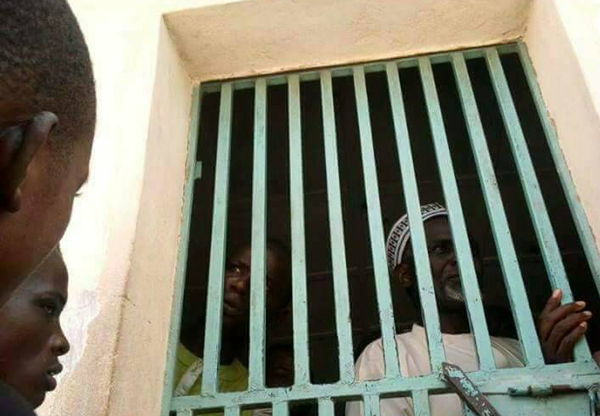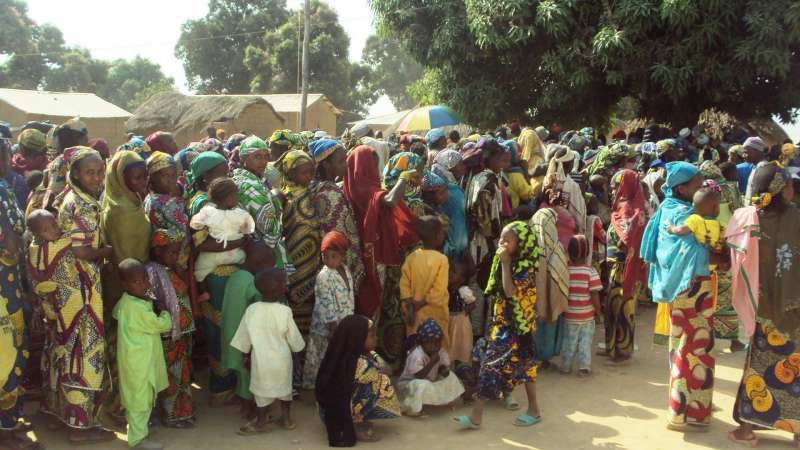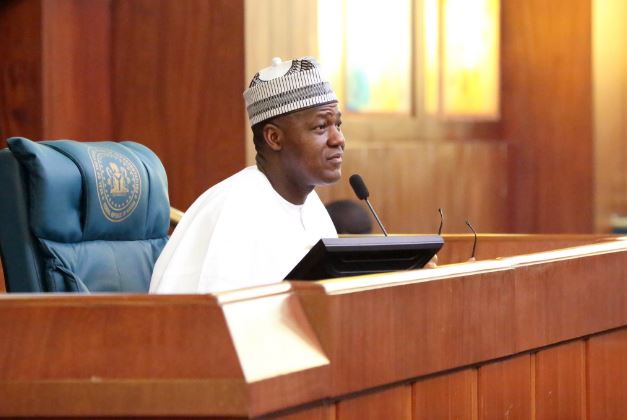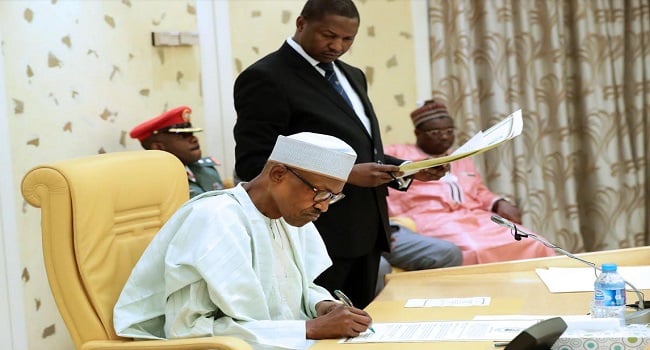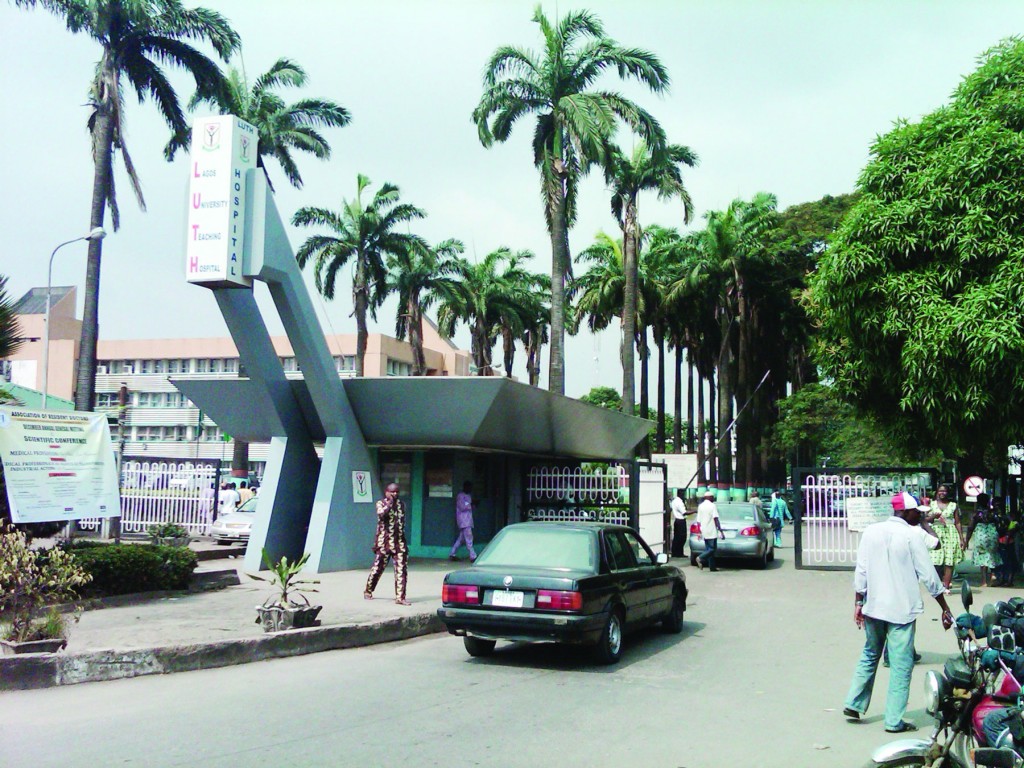The Borno state chapter of the Nigerian Union of Teachers (NUT) has called for the immediate release of the internally displaced persons (IDPs) arrested in the state.
On Sunday, the IDPs staged a protest over the poor condition in their camp. They demanded to return to their respective communities in Bama local government.
Some of them were subsequently arrested by the police and arraigned in court, where they were remanded in prison.
Bulama Abiso, the NUT chairman in the state, advised the government to dialogue with the IDPs on their demands.
Advertisement
“May I join hands with others to appeal strongly for their (the IDPs) unconditional release, because what is needed now is more of dialogue engagement rather than the full wrath of the law,” he said.
Similarly, Khalifa Dikwa, a professor at the University of Maiduguri (UNIMAID), said the release of the detained individuals “will correct the notion that the police is playing to the gallery of self-centered politicians.”
“This is because the IDPs who are poorly catered for, are human shields or ATMs for the enrichment of the ruling class as well as an easy way to guarantee their bloc votes in 2019,” he told TheCable.
Advertisement
Dikwa added that the protest was only a “political strategy” for government to “do the needful” in motivating the military and other security agencies to totally clamp down on Boko Haram insurgents in the state.
He said: “Keeping IDPs for this long with no constant communication, visits, progress reports or response to their appeals may give the impression that they are kept in Maiduguri for political exigencies rather encouraging the military who placed their lives on the line to save them from Boko Haram attacks if they return, is disingenuous, to say the least.
“When I queried the initiators on the response of the security agents, they told me that their real intention was to merely test the waters. They are simply fed up with the traumatising situation in Maiduguri camps.
“They tagged it ‘return to Bama’ when their serial attempts to draw the attention of both state and federal government authorities failed to give prompt response to their needs, particularly in terms of food, shelter and education of their children after three years of hardship.”
Advertisement
Add a comment

